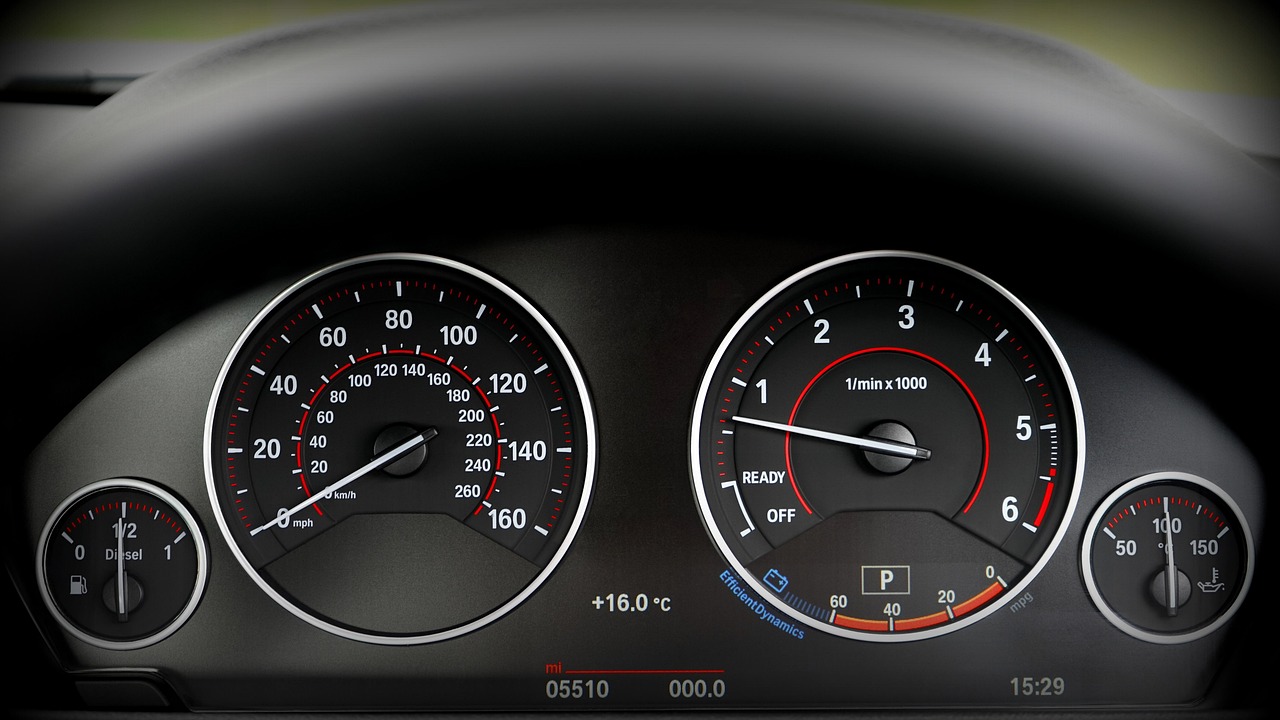
Frequently Asked Questions
Find answers to common questions about mileage deductions and our app.
General Mileage Questions
The IRS adjusts mileage rates periodically to reflect the costs of operating a vehicle. It's crucial to use the correct rate for the specific tax year.
2025 Standard Mileage Rates
- 70 cents per mile for business use.
- 21 cents per mile for medical or moving purposes (for qualified active-duty members of the Armed Forces).
- 14 cents per mile driven in service of charitable organizations.
Recent Historical Rates (per mile)
- 2024: Business: 67¢, Medical/Moving: 21¢, Charitable: 14¢
- 2023: Business: 65.5¢, Medical/Moving: 22¢, Charitable: 14¢
- 2022 (July-Dec): Business: 62.5¢, Medical/Moving: 22¢, Charitable: 14¢
- 2022 (Jan-June): Business: 58.5¢, Medical/Moving: 18¢, Charitable: 14¢
- 2021: Business: 56¢, Medical/Moving: 16¢, Charitable: 14¢
For a complete history or further details, please refer to the official IRS website.
No, the cost of commuting between your home and your main or regular place of work is a personal expense and is not deductible.
You can calculate your vehicle deduction using either the standard mileage rate or the actual expense method.
- Standard Mileage Rate: A simplified method where you deduct a set amount (e.g., 70 cents in 2025) for every business mile you drive. This rate includes costs like gas, oil, insurance, depreciation, and maintenance. You can still deduct business-related parking fees and tolls separately.
- Actual Expense Method: This method involves tracking and deducting the actual costs of operating your car for business. This includes gas, oil, repairs, tires, insurance, registration fees, licenses, and depreciation. You must allocate these costs between business and personal use based on the miles driven for each.
The IRS requires you to keep timely and accurate records to substantiate your deduction. For each trip, you should record:
- The date of the trip.
- Your starting point.
- Your destination.
- The purpose of the trip (e.g., "Client Meeting," "Supplies Pickup").
- The vehicle's starting and ending odometer readings for each taxable year.*
- The total mileage for the trip.
Standard Mileage App
Our app simplifies the process of tracking your mileage for tax purposes. It allows you to easily and in most cases automatically log all the required information for each trip, including date, starting and ending location, and mileage.
You will be prompted to categorize each trip as business, personal (including non-business investment trips) medical, moving, or charitable. You can also add notes to provide additional context for each trip such as what the trip was for (such as meeting with customers) and what the destination was.
This additional information is required by the IRS for business trips.
At the end of the year, you can generate, download and save a detailed report that lists all your trip data to try to satisfy IRS requirements, making tax time much less stressful.
To learn more, please see our App User Guide.
Yes, we take data security very seriously. All your mileage data is stored securely and is accessible only to you. We use industry-standard practices to protect your information.
Yes, our application allows you to manage and track mileage for multiple vehicles. You can easily switch between vehicles when logging trips and generate separate reports for each one.
The App uses your device's GPS, cell phone signals, WiFi and Bluetooth to automatically track your trips. When you start a trip, the app records your starting location and time. As you drive, it tracks your route and distance traveled.
When you reach your destination, the app logs the end location and time. This data is then used to calculate the total mileage for each trip, which is essential for accurate tax reporting. You must enable location services and grant the app permission to access your location for it to function correctly.
You will be prompted to allow location access when you first use the app. You can choose to allow access all the time which is required for best results and full functionality. For the app to automatically track your trips in the background, you should select "Allow all the time."
If you choose to deny location access or limit it to only while using the app, the app will not be able to track your trips.
This is the most important concept for the app to work properly. Please read carefully:
* If a user manually force-quits the app (by swiping it away from the
app switcher) or if the system terminates the app (for example, to reclaim memory while
it's in the background), then the App can be relaunched but trip starts may be delayed. Because the app has
registered for significant location changes, visits, and geofencing,
iOS can wake it up in the background when one of those events occurs if the system has previously
terminated the app or user has force terminated the app, but it can result in delays in trip recording.
For information on using the Standard Mileage App for government contractors, please see our article here.